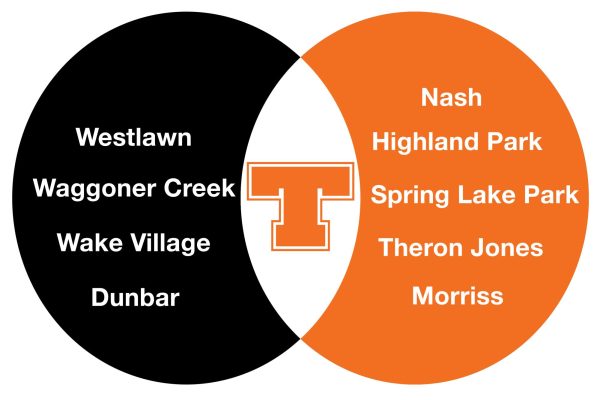From waste to win
The benefits of composting
graphic
April 17, 2021
Composting is an amazing and healthy way to get rid of your disintegratable “trash,” such as fruits and vegetables. All you really have to do is get a storage container such as a box or cart and fill it with soil, your waste, and maybe some worms to get the process started.
Sonja Hofert, an avid composter, has many composting spots all around her yard, usually around trees and down by her pond.
“I put all my scraps of recyclables in a bin which usually has many fruits and veggies and also some nut shells, like peanuts and stuff,” Hofert said. “Once the bin is full, I just throw it out in a composting spot and let the worms do the rest of the work.”
Benefits of composting
-The organic waste is essentially cut down and put back into our soil, creating a healthier environment.
-Your plants will be much more vibrant due to the organic matter in the soil.
-The pH will be balanced in your soil.
-Many nutrients are provided for the soil once you begin composting.
-It will soak up a good amount of water, which is better for the plants and makes the soil softer.
Composting is basically recycling, and it enriches the soil which makes it less likely for you to need chemical fertilizers. Natural is always better. According to Less is More, organic waste makes up 25% to 50% of what people actively choose to throw away, which could be utilized instead of wasted.
Different types of compost techniques
-Aerobic composting.
-Worm composting.
-Onsite composting.
-Aerated windrow composting.
-In-vessel composting.
Composting helps more than just the environment. It reduces costs for landfills, since less trash is being brought in and lowers carbon emissions that is required to pick up the trash and take to its destination, says School of Public Health. It also helps keep out plant diseases and pests. There’s no reason you shouldn’t start now.




















